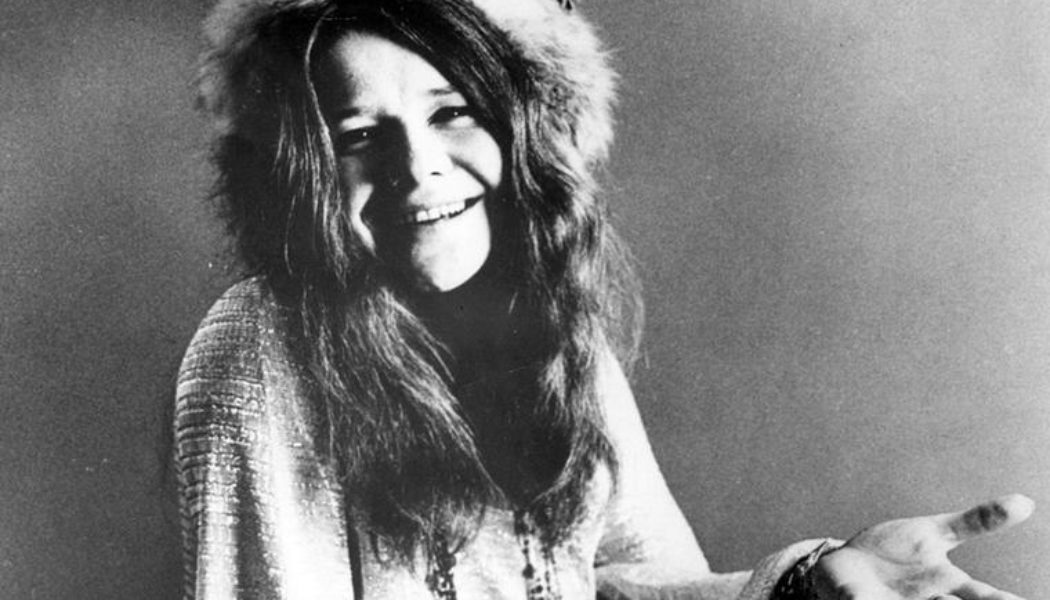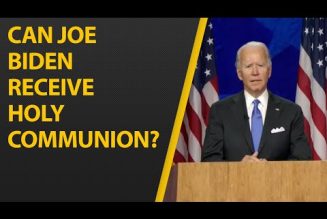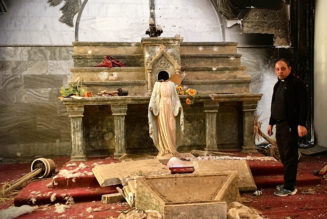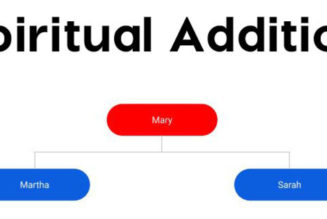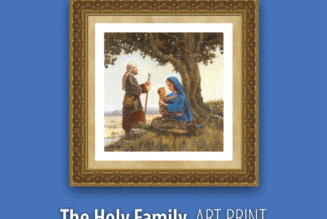
“It is therefore a holy and wholesome thought to pray for the dead, that they may be loosed from sins.” — 2 Maccabees 12:46
Margaret was getting a new car, so she sold me her spunky old Camry for a decent price. It turned out, however, that it had more problems under the hood than anybody knew. “Struts and brakes all around, rack and pinion, timing belt, oil pump. It’s definitely not worth fixing,” said our mechanic. “It has so many leaks, it’s not even worth changing the oil. Just keep topping it off and drive it until it dies.”
Fair enough. Ben used it to scoot around town when he was home over the holidays, and so did Cecilia. In fact, Cece asked if she could take it to college for the spring semester. I agreed — if she was willing to faithfully watch the dipstick. “You were NOT kidding,” she texted a few days after returning to campus. “This thing just GUZZLES motor oil.”
True, but a free car otherwise. “Remember: No oil changes or other maintenance!” I texted back. “Freedom!”
Then, to underscore the point, I followed with another text: “Freedom’s just another word for nothing left to lose.” For context (perhaps presumptuous and unnecessary, but you never know), I included a YouTube link to Janis Joplin’s rendition of “Me and Bobby McGee” — the recording’s Official Music Video, whatever that means.
Of course, after all that, I had to give another listen to Joplin’s signature performance myself, and I clicked it on. The appropriately psychedelic video includes numerous shots of Joplin — smiling, singing, laughing, full of life. Even so, I knew it’d been a hard life — you can hear it plain as day in “Bobby McGee” — and that Joplin died young. “I should have a Mass said for her,” I said to myself, so that’s what I did.
Was Joplin a Catholic? Was she religious at all? I had no idea — and I couldn’t care less. I didn’t even glance at Wikipedia to find out. What did it matter? Grace is grace is grace, and Janis Joplin could benefit from a healthy dose like anybody else on the path to heaven.
Which is where we all are — we, meaning you and me, those of us down here, fussing and futzing in the Church militant, along with all those suffering souls in Purgatory rising, rising, ever rising, assisted by our prayers, sacrifices, and, yes, Masses. We have Masses said for our deceased grandmas and uncles and other loved ones because we don’t want to take anything for granted — because we can’t know where they are on the purgatorial path, and there’s nothing better we can do for them than to direct some supernatural oomph their way.
The same goes for Janis. All we know is that she’s dead, and that heaven is what she was destined for — what she was created for. I’ll give her the benefit of the doubt that she immediately recognized Love incarnate at the moment of her death; that she knelt, bowed her head, and uttered her definitive Fiat; that she’s heaven bound now, and could use a celestial lift.
I’m happy to supply it — a small gesture of gratitude with eternal ramifications. And so affordable! I mean, heck, it’s five bucks for a Mass stipend, 10 max. And while I’m at it, why not Elvis and Beethoven? Oscar Wilde and Mark Twain? Salvador Dalí perhaps, and Edward Hopper? How about Orson Welles? I can easily show my thanks to all the artists and writers and historical figures who have delighted and guided and nudged me over the decades — I’ve had Masses said for P.G. Wodehouse and Flannery O’Connor, for example, and plenty other notables, and now Janis. If it’s somebody in the least manner important to me who’s passed on, but not yet canonized, then that name goes on the list — an eventual cosmic shout-out to the luminaries of my life.
What’s more, there’s a twofold kickback benefit to me. First up, the pleasure of knowing that some random priest somewhere will be getting a Mass intention for a celebrity or some big name that he might recognize. I picture him pausing and pondering, “Wait … Elvis?” Or else, better yet, it’ll be a missionary priest in the hinterlands who hasn’t a clue about Twain or Dalí, let alone Joplin, and still his Mass offering will effect its celestial good. That just makes me grin — a satisfying harmonizing of anonymity and sanctity.
Plus, there’s this: The likelihood that those suffering souls who benefit from my Mass stipend largesse may kick in a few prayers of their own someday — for me! “Most grateful are they to those who obtain their deliverance from prison, or even a mitigation of their torments,” writes St. Alphonse Liguori. “When, therefore, they arrive in Heaven, they will be sure to remember all who have prayed for them.” I’ll take all the prayers I can get.
That brings me back to the idea of freedom. After all, it was Janis Joplin’s lyric who got me thinking about this stuff in the first place, but it’s also directly relevant to the issue at hand. Joplin sang that freedom means “nothing left the lose,” which is on the money if you append the words, “temporally speaking.” It’s true — especially for the dead!
“Freedom is the power,” the Catechism teaches us, “to act or not to act, to do this or that,” and it “attains its perfection when directed toward God” (1731). In temporal terms, if we truly have nothing left to lose, then there is nothing to impede our freely choosing goodness and truth, justice and charity.
And the dead? They can’t do anything for themselves anymore, but now there’s nothing holding them back from doing plenty for us. And so I imagine Janis, God willing, praying for me in Purgatory, and I’m conscious that she’d be doing it of her own free, redeemed will — and that, as St. Janis someday, she’d be doing it with wild abandon.
In the interim, I get to employ my own freedom to act, and I choose to do so on Joplin’s behalf and lots of others, Catholic or not, through my quirky little apostolate. Won’t you join me? There’s plenty of grace out there to be had, and we have the liberty to spread it around.
